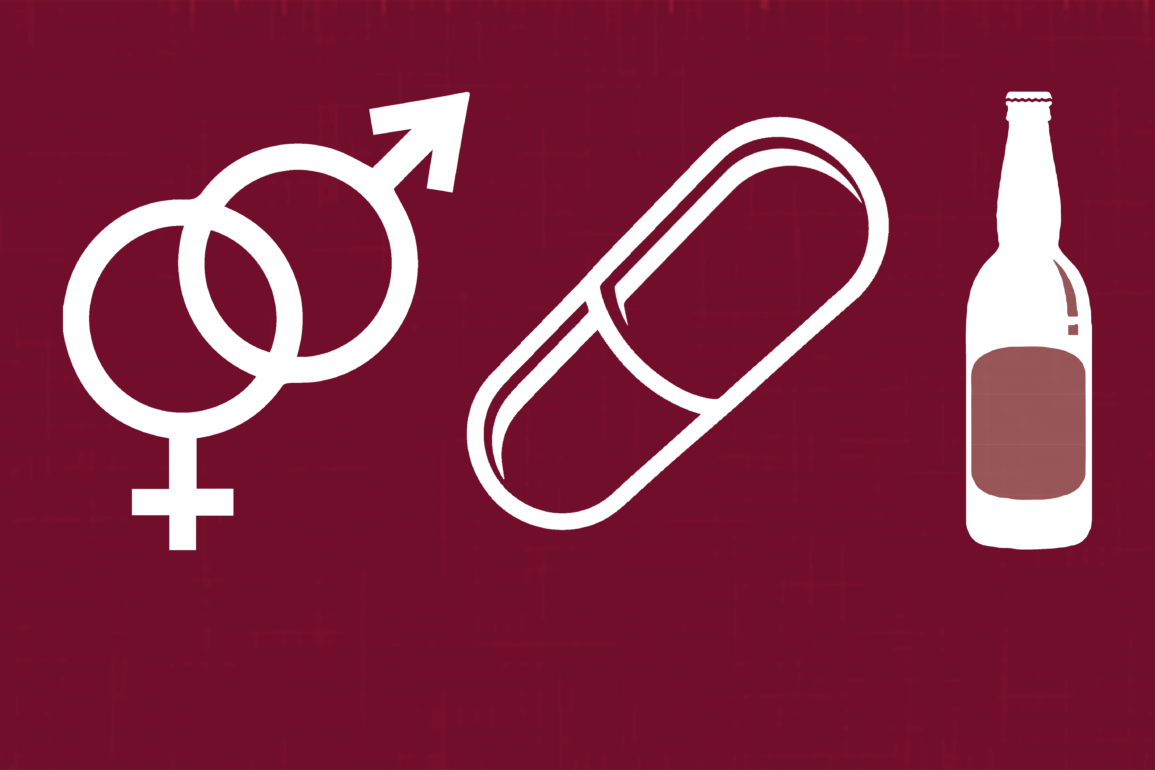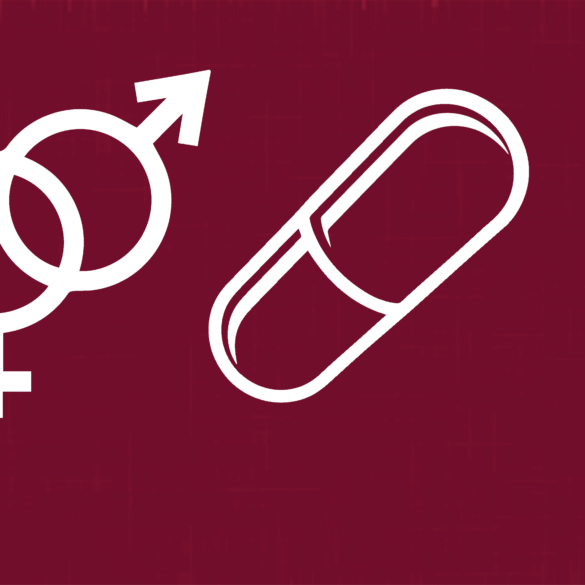Sexual Assault
*Barnes’ real name has been omitted from this story, because it is Ball Bearing’s policy that we not include the name of sexual assault victims.
Two years ago this October, Ball State student Kelsey Barnes celebrated Halloween like any other college student. While attending a party at another Midwestern university, she made her way up the stairs when a guy stopped to talk to her.
“This kid was so attractive, successful and smart,” Barnes said. “I was sitting there thinking, I want to date this guy.”
Barnes said she thinks many college-aged women never picture attractive men as having the potential to commit sexual assault.
After a few drinks and a conversation on the couch, someone at the party shouted for the two to get a room.
Barnes followed him upstairs, knowing she didn’t want to have sex. Once in the room, he closed the door and asked her if she wanted the lights on or off.
She started to panic.
“I couldn’t really fight him very much with my body,” she said. “Over and over again I said ‘I do not want to have sex.’ I remember looking up at him and being like, ‘I know you can hear me.’ He was not even looking at me, not even acknowledging me.”
Once he was done, Barnes left the room and told a friend, identifying him by his Halloween costume. Some of the party guests held the man Barnes identified outside until police arrived.
According to One in Four USA, a rape prevention organization, only 11 percent of college women who are raped will report it to the police. Of those reported to the police, less than 10 percent result in criminal charges.
That night, Barnes went to the hospital where a nurse performed a rape kit exam to gather evidence. Barnes then gave a statement to the police.
The SaVE Act, a federal law that went into effect at all universities this year, requires colleges to provide training on sexual assault prevention. Because of this, incoming freshmen at Ball State are required to complete the “Think About It” program for the first time.
“Think About It” is an online course that focuses on reducing harm in sexual assault, alcohol and drug use, and bystander interventions.
The training is important, Payne said, because it lets students know that their perceptions of college life aren’t necessarily true. She said there are a lot of false understandings about these issues on campus.
Barnes used to think rape could only happen to someone else, until it happened to her. She is glad the university is now requiring training.
“People don’t realize how bad [sexual assault] is, because girls feel like they can’t talk about it. They feel like it’s their fault,” she said.
Barnes’ story isn’t uncommon—one in four female college students will be victims of sexual assault before they graduate. College women are more at risk for sexual assault and rape than women their age who are not in college.
After almost two years, Barnes said she is finally ready to talk about what happened.
“What happened to me, I would never ask for it,” Barnes said. “But I think that the ways I’ve already changed some things in my life and helped other people, I think it’s what I was meant to do.”
Being sexually assaulted is what caused Barnes to rethink what she wants to do with her life. She changed her major so she can be a spokesperson for sexual assault prevention and tell others about her experience.
“I don’t think I was meant to be raped but I think I was meant to [help other people.]”
 |




